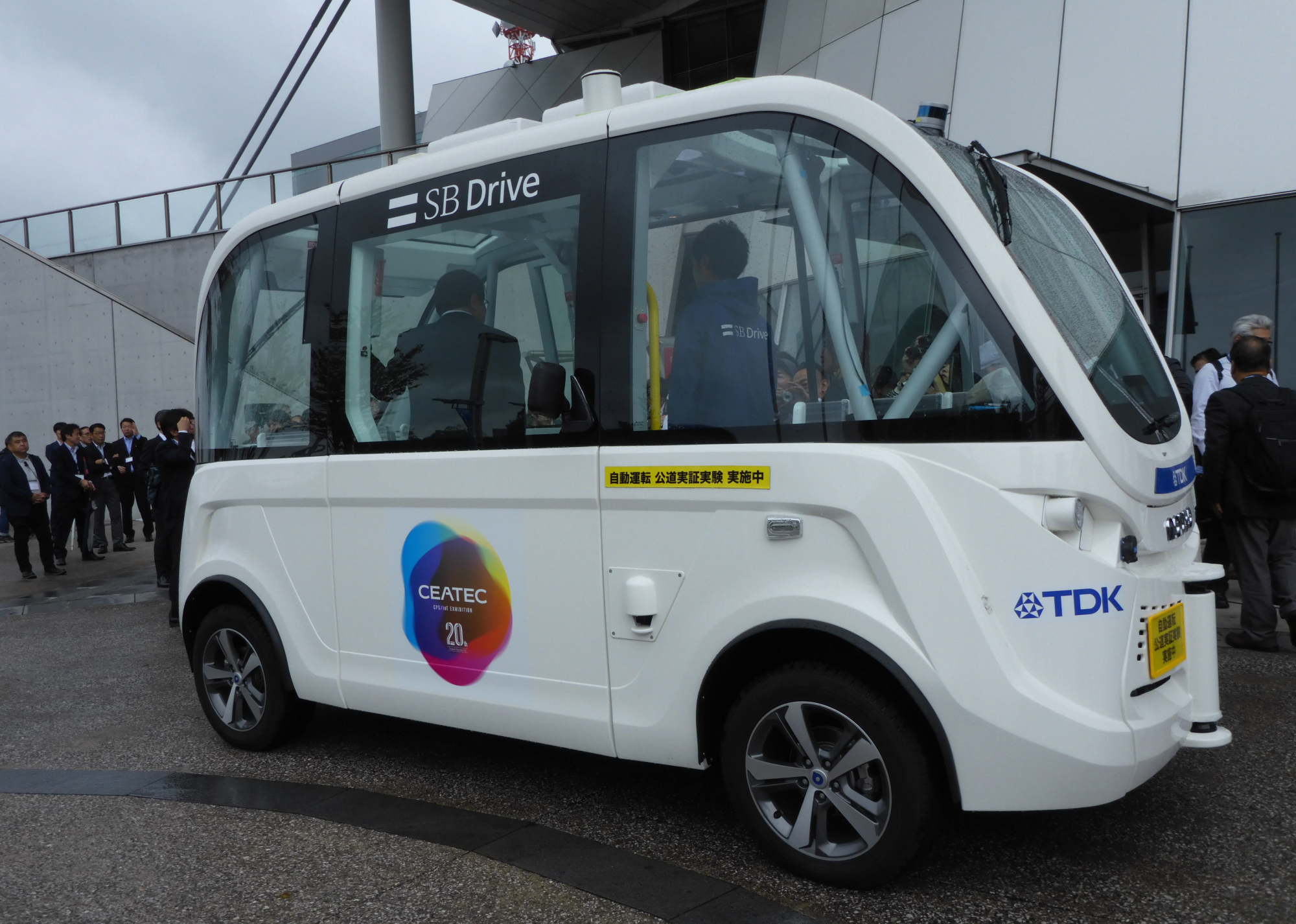Consumer electronics were once the nation's star industry, but today the global presence of Japanese firms in this sector has been greatly diminished with the rise of South Korean and Chinese rivals. The number of visitors to the Combined Exhibition of Advanced Technologies, which was launched in 2000 as Asia's largest home electronics and information technology exhibition, has also been on a steady decline. But signs of change were seen at the CEATEC 2019, held Oct. 15 to 18 at Makuhari Messe in Chiba Prefecture, as the shift in exhibition content from consumer electronics to the "internet of things" once again drew attention to Japan's technological prowess.
Speaking at a reception on the first day of the trade show, Hideki Makihara, state minister of the economy, trade and industry, hailed the nation's technology power by citing the awarding of this year's CEATEC award to Murata Manufacturing Co. for its development of next-generation all-solid batteries, which followed the Nobel Prize in chemistry given the previous week to Akira Yoshino, an honorary fellow with Asahi Kasei Corp., for his contribution to the development of lithium-ion batteries.
Large capacity lithium-ion batteries paved the way for the popular use of devices such as smartphones and electric vehicles. All-solid batteries are expected to power wearable devices that require long hours of continuous use. They are indeed the key technology that will support the internet of things in the future.



